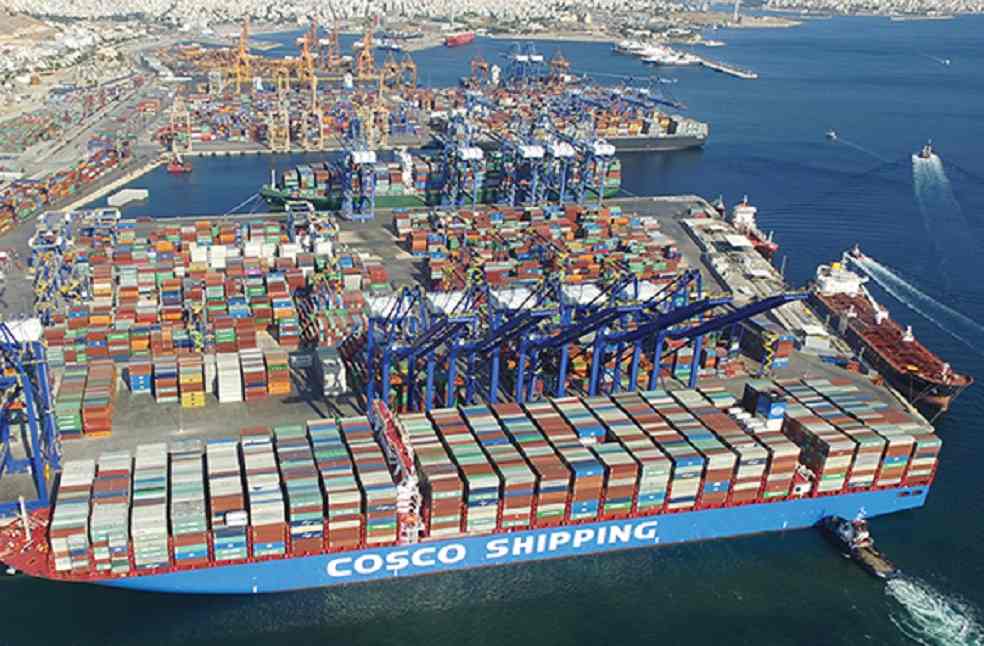The Egyptian government has unveiled a comprehensive strategy for export boost to $145 billion by 2030, focusing on improving product quality, expanding into global markets, and encouraging investment in advanced sectors. The plan includes diversifying exports, providing incentives for exporters, and promoting industries such as renewable energy, advanced technology, and pharmaceuticals.
For reinforcing product standards and market access, the General Organization for Control of Exports and Imports issued Resolution No. 243 of 2025. This resolution, supported by several legal frameworks, including import-export laws and presidential decrees, outlines the updated criteria for factory registration for exporting goods to Egypt.

The strategy aims to shift from reliance on traditional sectors to advanced manufacturing, strengthening key industries like iron, steel, and cement, and supporting SMEs. Recent years have seen a surge in industrial projects, particularly in automotive and technology.
Egypt’s export performance has shown strong momentum, reaching $40.8 billion in 2024, up from $35 billion in 2023. The government aims to achieve $48 billion in exports by the end of 2025, with a broader objective to attain an annual export growth rate of 20%, reduce a $30 billion trade gap, and attract $100 billion in investments to lessen dependence on imports.
The export roadmap also targets industrial production worth 2.7 trillion Egyptian pounds and anticipates a 3% growth in global trade by 2025. Key markets include Europe, the US, Asia, and regional partners such as Saudi Arabia, the UAE, and Turkey. In 2024, these five countries accounted for over a third of Egypt’s exports, totaling $14.05 billion.

Support measures include increased funding for export rebate schemes from the 2024/2025 fiscal year and initiatives to lower export costs. Additionally, the government is bolstering information technology and communications exports.
Complementing the earlier decision, Resolution No. 244 of 2025 reinforces quality control by establishing clear standards for companies seeking to export to Egypt, further reflecting the government’s emphasis on international competitiveness.
IMEX SECTOR | U.S. Bans Sea Salt Imports from South Korea’s Taepyung Farm



